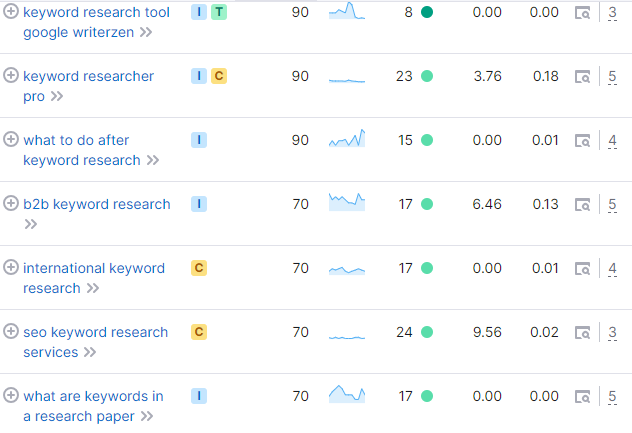Introduction
In the vast and competitive world of search engine optimization (SEO), one of the most crucial aspects is keyword research. Identifying and targeting the right keywords can greatly impact a website’s visibility and rankings on search engine results pages (SERPs). But what about niche keyword research? It specifically, How Does Niche Keyword Research Impact SEO Rankings? In this article, we will explore the importance of niche keyword research and how it can significantly improve your website’s position in the search engine rankings.
The Power of Niche Keyword Research
When it comes to SEO, targeting broad and generic keywords may seem like the logical approach. However, this strategy often leads to fierce competition, making it difficult to achieve high rankings. Niche relevant international SEO keyword research is like a breath of fresh air in such situations. By focusing on specific, long-tail keywords that are relevant to your niche, you can tap into a less competitive market and greatly increase your chances of ranking higher.
Enhancing Relevance and User Intention
One of the primary benefits of conducting niche keyword research is that it allows you to better understand the search intent of your target audience. By mapping out the intentions behind their queries, you can create content that specifically addresses their needs and interests. When your content aligns with user intent, search engines recognize its relevance, thus improving your chances of ranking higher in SERPs.
Long-Tail Keywords and Conversion Rates
Niche keyword research often revolves around long-tail keywords, which are longer and more specific search phrases. While these keywords may have lower search volumes compared to generic terms, they tend to attract highly targeted traffic. Visitors who use long-tail keywords generally have a higher purchase intent or a specific problem they need to solve. By optimizing your content for these long-tail keywords, you increase your chances of attracting qualified leads and improving conversion rates.
Reducing Bounce Rates
Another advantage of niche keyword research is its potential to reduce bounce rates. When users land on your website through niche-specific keywords, they are more likely to find the information they are looking for. As a result, they spend more time exploring your site, decreasing the overall bounce rate. With a lower bounce rate, search engines view your website as providing valuable and relevant content, which can positively impact your rankings.
Competitive Advantage and Authority Building
By honing in on niche keywords, you can gain a competitive advantage over larger competitors who focus mainly on generic keywords. By targeting specific topics and addressing them comprehensively, you establish yourself as an authority within your niche. This authority building not only attracts loyal followers but also garners backlinks from reputable sources, further boosting your SEO rankings.
User Experience and Dwell Time
When conducting Niche Keyword Research Impact SEO Rankings, it is essential to consider user experience and dwell time. Dwell time refers to the amount of time a user spends on your website before returning to the search results. By optimizing your content for micro niche keyword research and providing valuable information. You increase the likelihood of users staying longer on your site. The longer users dwell on your site, the more search engines perceive it as providing value, ultimately resulting in higher rankings.
Conclusion
In conclusion, niche keyword research plays a vital role in impacting SEO rankings. By utilizing this strategy, you can improve your website’s visibility, attract relevant traffic, and ultimately increase your chances of ranking higher on search engine results pages. Remember, understanding the intent of your target audience, focusing on long-tail keywords, and providing valuable content are key elements in successfully implementing niche keyword research for SEO. So, gear up, dive into your niche, and optimize your website for success.
